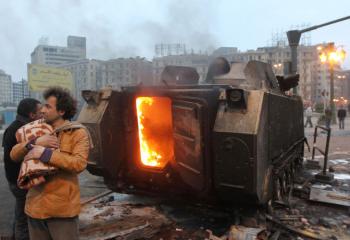[Visto: 633 veces]
Since the fall of the Berlin Wall in 1989 there have been two further transformative events that have reshaped in enduring ways the global setting. When the Soviet empire collapsed two years later, the way was opened for the triumphalist pursuit of the American Imperial Project, seizing the opportunity for geopolitical expansion provided by its self-anointed global leadership as ‘the sole surviving superpower.’ This first rupture in the character of world order produced a decade of ascendant neoliberal globalization in which state power was temporarily and partially eclipsed by a passing the torch of lead global policymaker to the oligarchs of Davos who met annually under the banner of the World Economic Forum. In that sense, the U.S. Government was the well-subsidized sheriff of predatory globalization while the policy agenda was being set by lead bankers and global corporate executives. Although not often identified as such, the 1990s was the first evidence of the rise of non-state actors, and the decline of state-centric geopolitics.
